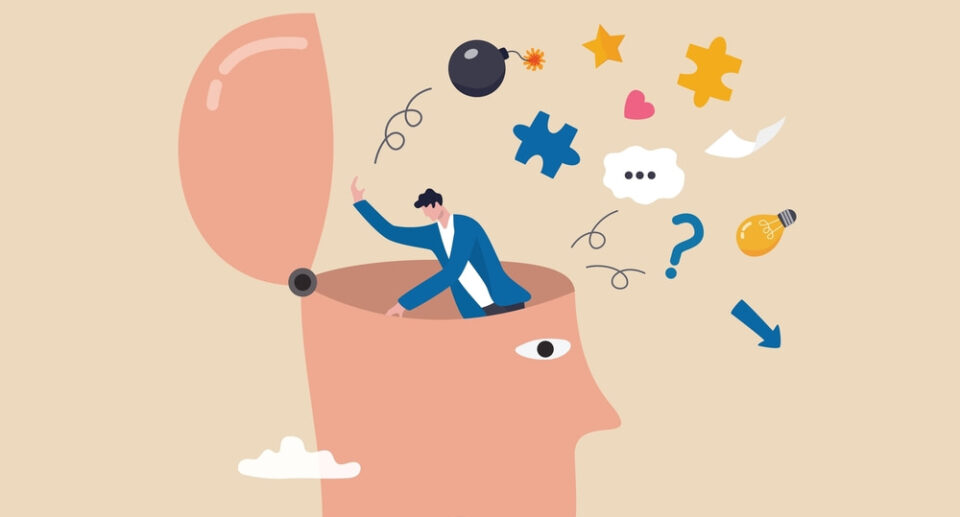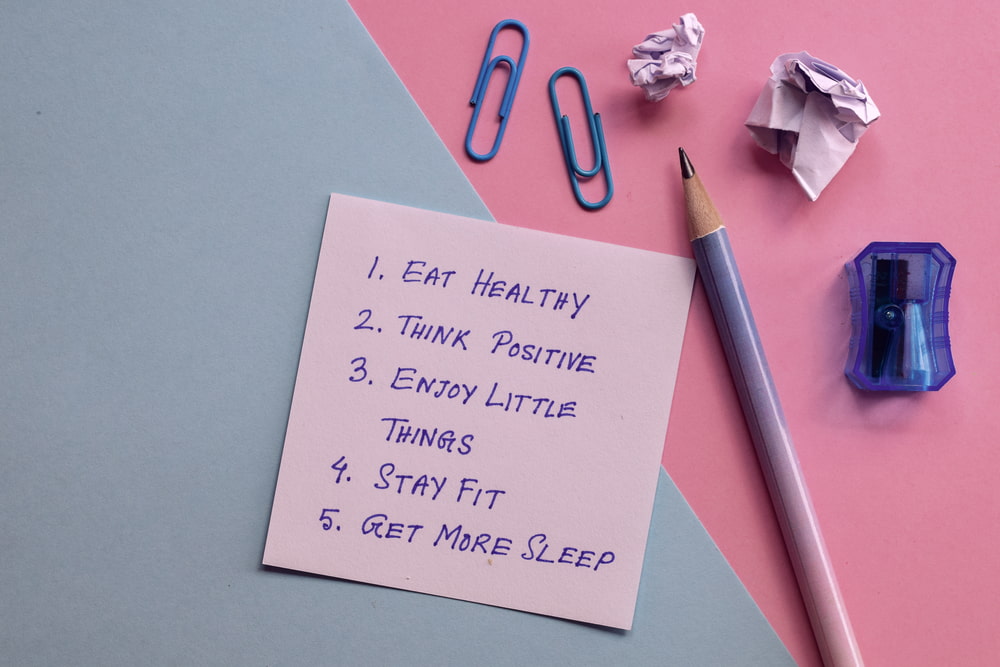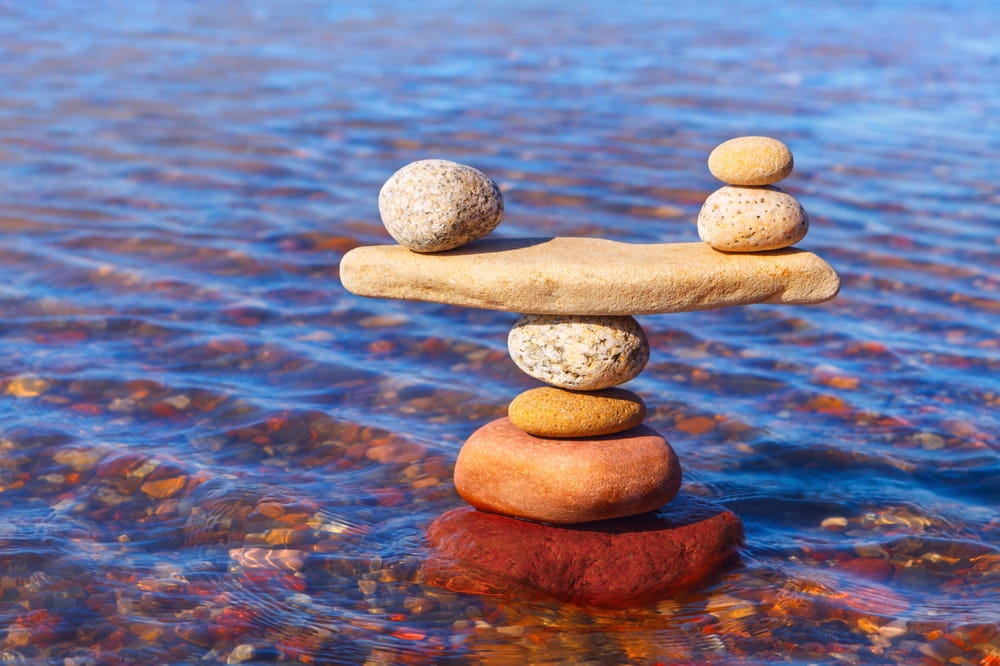Healthy lifestyle routines for better mental clarity


The challenging part is achieving mental clarity being that we live in a world that is fast-paced today. Coping with the responsibilities of work, family, and personal life, it’s quite easy to fall into the dark hole and focus and productivity will be clouded. The bright side? It is totally possible to live a constructive, balanced life that is also productive. Making some simple tweaks in your daily habits will upgrade your mental health, thus, you will improve your focus, and be more efficient in your work.
This write-up is focused on the mental skill of mental clarity. You will be learning healthy attitudinal patterns and habits for life through the article’s normal flow due to its integration with useful suggestions, proof, and a motivational story.
Why Mental Clarity Matters


Mental clarity is the ability to focus, make decisions, and process information effectively. It’s a cornerstone of mental wellness and impacts every area of our lives, from professional performance to personal relationships. We can approach tasks with purpose, creativity, and energy when our minds are clear.
However, modern lifestyles often work against mental clarity. Excessive stress, unhealthy habits, and a lack of mindfulness can lead to brain fog, poor concentration, and decreased productivity. The good news is that by understanding the importance of mental clarity, we can take actionable steps to preserve and enhance it.
The Impacts of Mental Clutter
Mental clutter can manifest in several ways, such as:
- Increased Stress: Confusion tends to cause overthinking and anxiety in many cases.
- Reduced Productivity: Distractions and indecision slow down progress.
- Emotional Exhaustion: Constant mental noise can drain energy and motivation.
These challenges can hinder both short-term achievements and long-term goals, making it essential to address the root causes.
Benefits of Mental Clarity


Achieving mental clarity offers numerous advantages, including:
- Enhanced Focus and Concentration: With a clear mind, tasks feel more manageable, and productivity improves.
- Better Stress Management: A decluttered mind fosters emotional resilience and calmness.
- Improved Decision-Making: Mental clarity enables thoughtful, confident choices.
For example, mindfulness practices such as meditation and journaling have been scientifically proven to reduce stress and improve cognitive function. Similarly, healthy habits like regular exercise and a balanced diet support brain health, paving the way for sustained mental clarity.
The Connection Between Lifestyle and Clarity
Directing our daily custom plays a very important part in the formation of correct mental thought. A wide range of aspects such as sleep patterns, nutrition, and work-life balance directly affect our ability to think and focus maximally. To improve these aspects, we will create an atmosphere which fosters mental health.
Question to Consider: What areas of your lifestyle might contribute to mental clutter, and how can you address them?
Cultivate Mindfulness
Practice Daily Meditation


The advantages of mindfulness meditation are well-documented: it reduces stress, strengthens focus, and brings emotional equilibrium. Start small with 5 to 10 minutes a day through guided apps.
Embrace Gratitude Journaling


Delving into the wisdom of The Happiness Project by Gretchen Rubin, for a couple of minutes every day make a short-authored list of three things you are grateful for. This kind of exercise is enough to convince your mind that you can stay positive despite the stress.
Example: Emily, a busy entrepreneur, found that starting her mornings with 10 minutes of deep breathing and journaling transformed her ability to stay focused during hectic workdays.
Question: How can incorporating mindfulness into your daily routine improve mental clarity?
Prioritize Sleep Hygiene
Create a Sleep-Friendly Environment


Good sleep is crucial for mental wellness and productivity. Follow these tips:
- Keep your bedroom calm, dark, and quiet.
- Invest in comfortable bedding.
- Try to keep away from screens for as long as seven hours.
Establish a Bedtime Routine


Be inspired by “The Power of Now” by Eckhart Tolle and create a peaceful pre-sleep procedure such as reading a physical book or doing some gentle stretches.
Quick Tip: Stick to a consistent sleep schedule to regulate your body clock, even on weekends.
Question to Consider: Are late-night screen habits affecting your sleep quality?
Nourish Your Body for Mental Clarity
Focus on Brain-Boosting Foods


Nutrition plays a significant role in maintaining focus and concentration. Include:
- Omega-3 Fatty Acids: Omega-3 is found in fish, flaxseeds, and walnuts
- Antioxidants: Found in berries, leafy greens, and dark chocolate.
- Hydration: Consume plenty of water to maintain the energy of your body.
Limit Processed Foods


Excess sugar and processed snacks can lead to energy crashes and brain fog. Replace these with whole, nutrient-dense options.
Question: How can you make small dietary changes to support your mental wellness?
Exercise for Mind and Body
Incorporate Regular Physical Activity


Exercise boosts endorphins, reduces stress, and enhances cognitive function. Aim for at least 30 minutes of activity most days of the week. Options include:
- Morning jogs or evening walks.
- Home workouts using free YouTube tutorials.
- Group fitness classes for motivation.
Try Mind-Body Exercises
Practices like yoga and tai chi promote mindfulness while improving flexibility and strength. They’re excellent for managing stress and enhancing focus.
Example: Inspired by “Atomic Habits“ by James Clear, Sarah began pairing her morning coffee with 10 minutes of yoga. Over time, this tiny habit significantly improved her mood and clarity.
Question to Consider: How can you move enjoyable in your daily routine?
Establish a Work-Life Balance


Set Boundaries
Overworking can lead to mental exhaustion. To maintain balance:
- Define work hours and stick to them.
- Communicate your boundaries to colleagues and family.
Schedule Downtime
Inspired by “Essentialism“ by Greg McKeown, prioritize essential tasks and make time for rest. Avoid overloading your schedule.
Reconnect with Loved Ones
Spending time with family and friends maintaining relationships and reducing stress. Plan regular dinners, outings, or game nights to stay connected.
Question to Consider: Are you allocating enough time for rest and personal connections in your schedule?
Boost Productivity with Time Management


Adopt Effective Techniques
- Pomodoro Technique: Toil for 25 minutes and then have a 5-minute break.
- Time Blocking: Allocate specific hours for tasks, exercise, and relaxation.
Eliminate Distractions
Minimize interruptions by silencing notifications and organizing your workspace. Inspired by “Digital Minimalism” by Cal Newport, periodically disconnect from technology to regain focus.
Question to Consider: How can better time management reduce your stress and enhance your mental clarity?
Success Story: Emily’s Journey to Mental Clarity
Emily, a graphic designer, struggled with mental fog and stress due to long hours at her computer. Determined to regain her focus, she implemented the following changes:
- Digital Detox: Emily designated weekends as screen-free zones, dedicating time to hobbies like painting and hiking.
- Healthy Nutrition: She swapped sugary snacks for nuts, fruits, and homemade smoothies.
- Daily Walks: A 20-minute walk during lunch breaks became her go-to stress reliever.
Within a few months, Emily noticed significant improvements in her productivity, creativity, and overall mental wellness. Her story shows how simple lifestyle adjustments can lead to profound transformations.
Mental clarity does not simply happen overnight; rather, it arises from the constant practice of being clear. It is the crucial factor that dictates our work, social life, and health, and we have to stay balanced and satisfied to get the most out of it. This is why it is important to engage in healthy habits such as physical and mental exercise, optimal nutrition and striking a work-life balance.
Clear Mind, Better Life: Embrace Healthy Routines for Lasting Mental Clarity
It is often best to begin with just a few small, concrete actions. Create some quiet moments within yourself through meditation or journaling daily, eat a brain food-rich diet, and follow the exercise schedule that you set for yourself. These changes do not have to be costly or time-consuming. Even a 10-minute walk or a shift from processed snacks to fresh fruits can make a difference.
The ways mentioned in this article are methods that can help you register a mental revolution in your life and encourage you to free the mind from the psychological burden it imposes. The story of Emily who turned her life plan upside down through the simple but strong tools could be a good example. Her story indicates why everyone can obtain mental clarity by applying the corresponding skills and persisting the changes.
When you add these techniques to your life, be patient with yourself. Change does not happen overnight, but with time and effort, you will notice slight improvements. Every little thing you accomplish that improves the quality of your mood is worthy of celebration. After a while, this healthy lifestyle will appear to be the only style you would want to stick to, and also, you will be able to realize a notable enhancement in your concentrate level, productivity, and overall well-being.
Lastly, assess yourself and your particular lifestyle and needs. What suggestions appeal to you most? What ways can you use to adapt these methods to your life goals? Minding comes from deep within, and the way you go about it should stem from what is valuable and important for you.
Start your journey to a new life today. Take care of these simple lifestyle habits that help to maintain the well-being of your mental health and see your life turning into a more centered, harmonious, and fulfilling existence.









